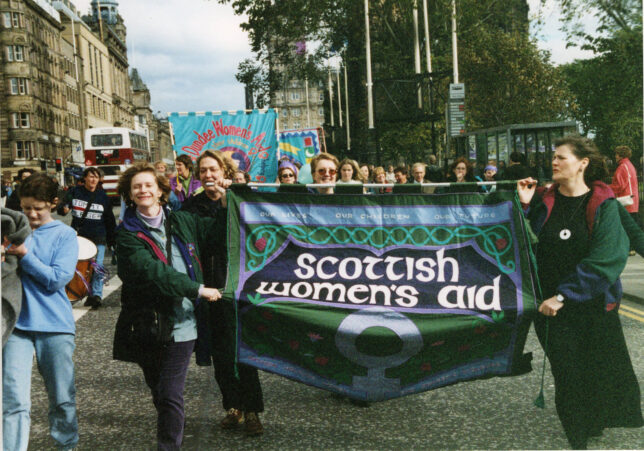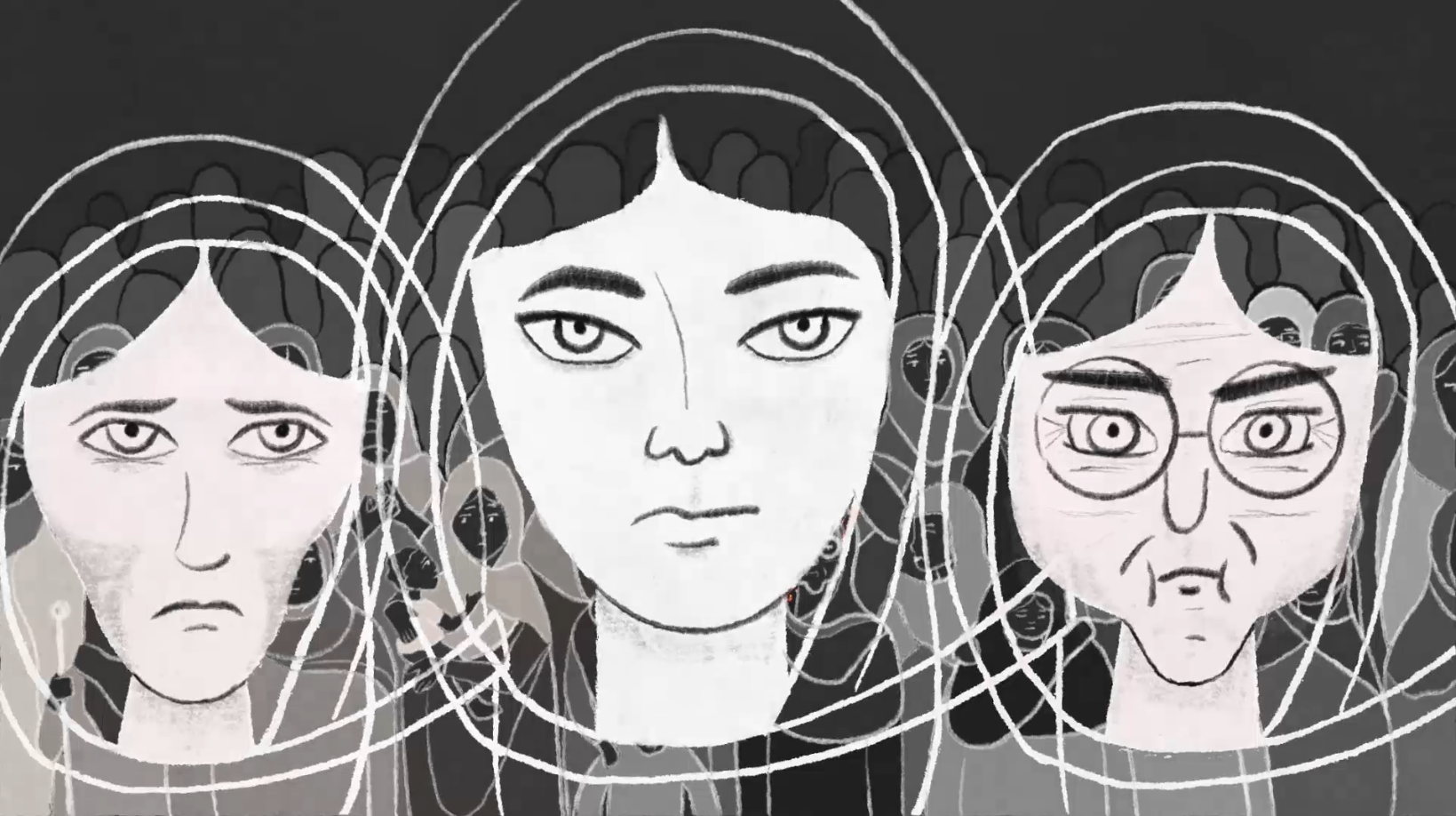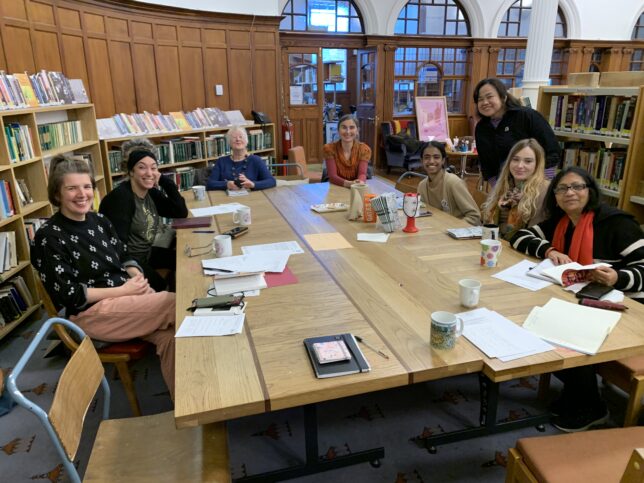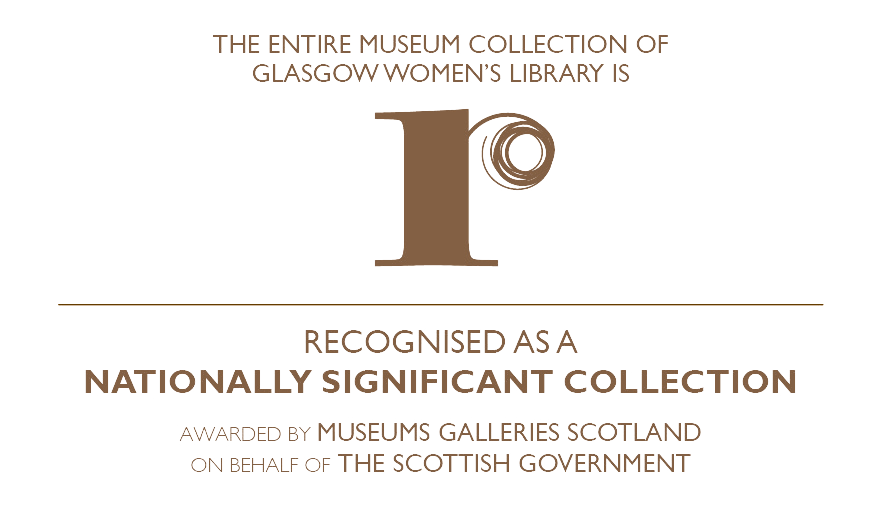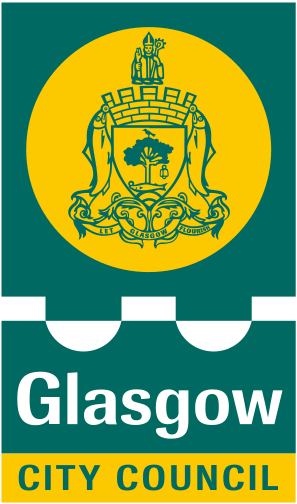Women’s Aid workers taking to the streets in Edinburgh for the 5 Specific Funds protest in 1999.
________________________________________________________________________________________________
We’ve still got a few months to go before the conclusion of the project and lots of exciting things still to come but for a number of our volunteers, their active involvement with the project has either finished or is drawing to a close. Exhibition development is finished and the Speaking Out exhibition is out touring around Scotland (see here for info on exhibition dates and venues), the project film has been edited together and launched (watch it here if you haven’t seen it yet) and the oral history interviews are winding down (please contact Sarah Browne ASAP if you or someone you know has a particularly unique or important story to tell).
We’re very much looking forward to catching up with our volunteers next month and hearing all about their experiences and what they’ve gotten out of volunteering with the Speaking Out project. One of the questions we’re anticipating is, ‘What now? How can I stay involved and continue speaking out about issues that affect women?’. This is a question we often receive when delivering events. One instance in particular sticks in my mind: I was facilitating a workshop for a group of young women from the University of Edinburgh and, after viewing the exhibition and watching the project film, one young women approached me and asked, ‘How can we do that? How can we take our activism and make a real difference?’.
We are currently living in a time when women are mobilising in ways and in numbers that are extraordinary, taking to the streets to protect women’s rights and campaign for equality. From the Women’s March movement to fighting against the Family Cap and Rape Clause (info on the 20 Apr. demonstration outside the Scottish Parliament here and petition here), women are making their voices heard. Taking part in this groundswell of activity is one way to continue engaging with critical issues affecting women today and women’s history as it’s currently being made.
Investigating women’s organisations and local Women’s Aid groups within your community and how you can help out is another great way to stay involved, whether it’s a larger commitment like volunteering as a helpline call handler or something more one-off like organising an event or doing a fundraising challenge. Volunteering with youth organisations and starting a dialogue with young people around topics like gender inequality and healthy relationships is another key way of shaping change. Changing the attitudes of young people is how we change the attitudes of the future.
Finally, keep an eye out for other projects to support. For example, the #Scotswummin project is making it their mission to give Scots women their rightful place in history (we’re hoping to have a guest post from project researcher Lisa in the not too distant future). Our project partners, Women’s History Scotland and Glasgow Women’s Library, are both great places to find out about new ventures and opportunities.
Please feel free to add to this list in the comments if you have any ideas or know of any opportunities which might be of interest.
Be heard. Keep your voices loud. Keep speaking out.

